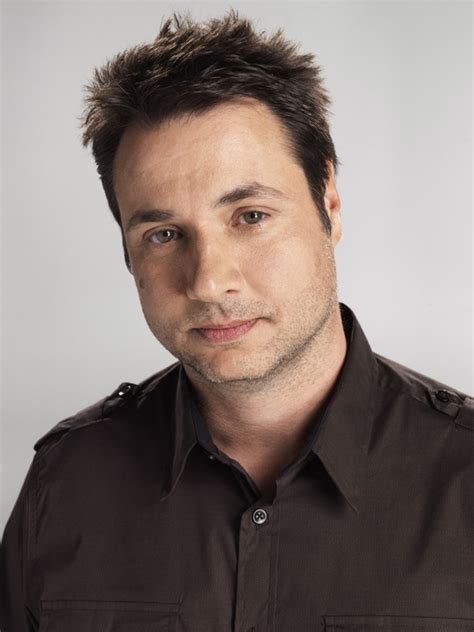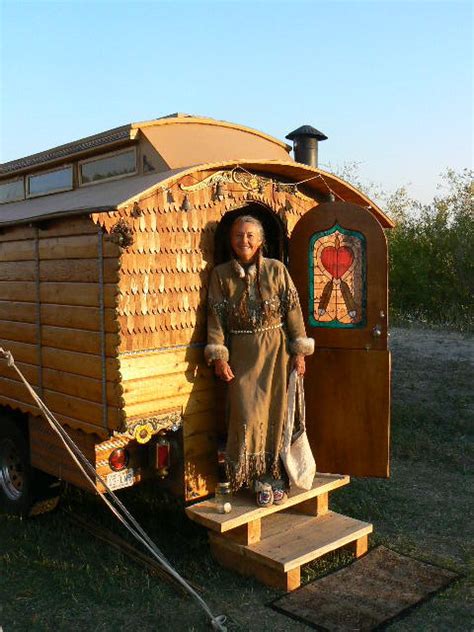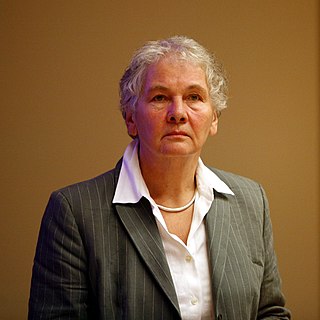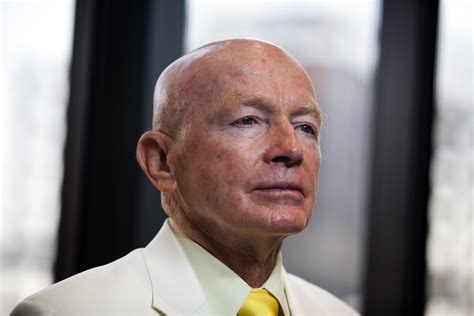A Quote by Sigmund Freud
I prefer the company of animals more than the company of humans. Certainly, a wild animal is cruel. But to be merciless is the privilege of civilized humans.
Related Quotes
When humans act like animals, they become the most dangerous of animals to themselves and other humans, and this is because of another critical difference between humans and animals: Whereas animals are usually restrained by the limits of physical appetites, humans have mental appetites that can be far more gross and capacious than physical ones. Only humans squander and hoard, murder and pillage because of notions.
The animal liberation movement is saying that where animals and humans have similar interests - we might take the interest in avoiding physical pain as an example, for it is an interest that humans clearly share with other animals - those interests are to be counted equally, with no automatic discount just because one of the beings is not human.
My relationship with God developed at an early age. I was raised on a remote little ranch, where I had for company and for the fullness of my life three other humans and an enormous amount of animals and land and sky and wind. As a child, my experience of God included everything-a love of the whole beauty around me. And the country was so beautiful: mountains that ended in aspen groves and streams, thick with wild animals and game of all kinds. One time I said to my mother, "You know, I think heaven is just like this, only the animals would speak to us; they wouldn't be afraid of us."
Ecology more important than saving animals from slavery??? Humans suffer the raping of the earth but animals suffer DOUBLY: the raping of the earth PLUS their own raping by humans. They are innocent/they are not the ones who raped the earth/they enrich it for us all from the tiniest microscopic beings to the largest ones.
Shareholder activism is not a privilege - it is a right and a responsibility. When we invest in a company, we own part of that company and we are partly responsible for how that company progresses. If we believe there is something going wrong with the company, then we, as shareholders, must become active and vocal.
We believe we're seeing, in other animals, a process, or an attribute, that isn't fundamentally different from what we see in humans, so it seems to us to be spurious to call them different things. Now there are aspects of human culture that we don't find in animals, and that's really interesting, but there are also probably aspects of animal cultures that we don't find in humans, and that's really interesting.
The show's writers had peppered the piece with words like "savage," "wild," and "animalistic." What bullshit. Show me the animal that kills for the thrill of watching something die. Why does the stereotype of the animalistic killer persist? Because humans like it. It neatly explains things for them, moving humans to the top of the evolutionary ladder and putting killers down among mythological man-beast monsters like werewolves. The truth is, if a werewolf behaved like this psychopath it wouldn't be because he was part animal, but because he was still too human. Only humans kill for sport.




































